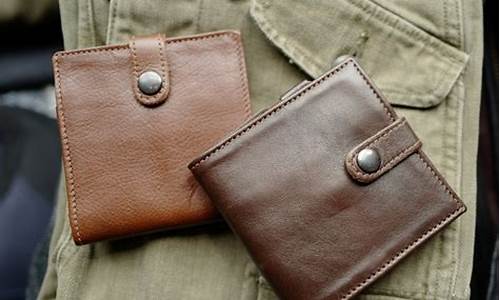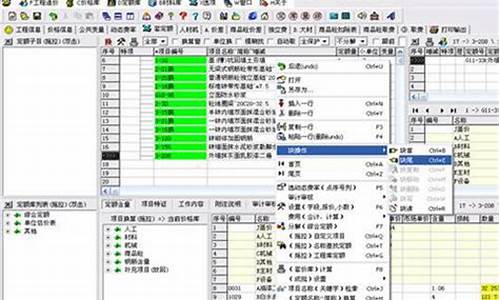
Ethereum (ETH) is a decentralized digital currency that was
created in 2015 by Vitalik Buterin. It is one of the most popular
cryptocurrencies and is often used for smart contracts, decentralized
applications (DApps), and non-fungible tokens (NFTs). In order to use ETH,
you need an Ethereum wallet. There are several types of Ethereum wallets
available, but the most common ones are software wallets and hardware
wallets.
Software wallets are programs that run on your computer or mobile device.
They allow you to store your ETH in a secure manner and access it from any
device with internet access. Some popular software wallets include MetaMask,
MyEtherWallet, and Coinbase Wallet. To use a software wallet, you first need to
install the program on your device and create an account. Once you have
created an account, you can add your ETH to the wallet and begin using it
to make transactions.
Hardware wallets are physical devices that connect to your computer or
mobile device via USB cable. They offer added security because they are
hardware-based and cannot be accessed without the correct passphrase.
Some popular hardware wallets include Ledger Nano S and Trezor Model T. To
use a hardware wallet, you first need to purchase one and connect it to your
device using the USB cable. Next, you need to install the wallet software on
your device and create an account. Once you have created an account, you
can add your ETH to the wallet and begin using it to make transactions.
Both software wallets and hardware wallets have their own advantages and
disadvantages. Software wallets are easy to use and accessible from any
device, but they are also vulnerable to hacking attacks if not used with
caution. Hardware wallets offer added security, but they can be more expensive
and less convenient than software wallets.
Regardless of which type of wallet you choose, it is important to keep your
private keys safe and secure. Private keys are the only way to access your
ETH, so make sure to keep them in a secure location and never share them with
anyone else. Additionally, it is important to regularly backup your wallet
data to prevent loss of funds in case of hardware failure or other issues.





